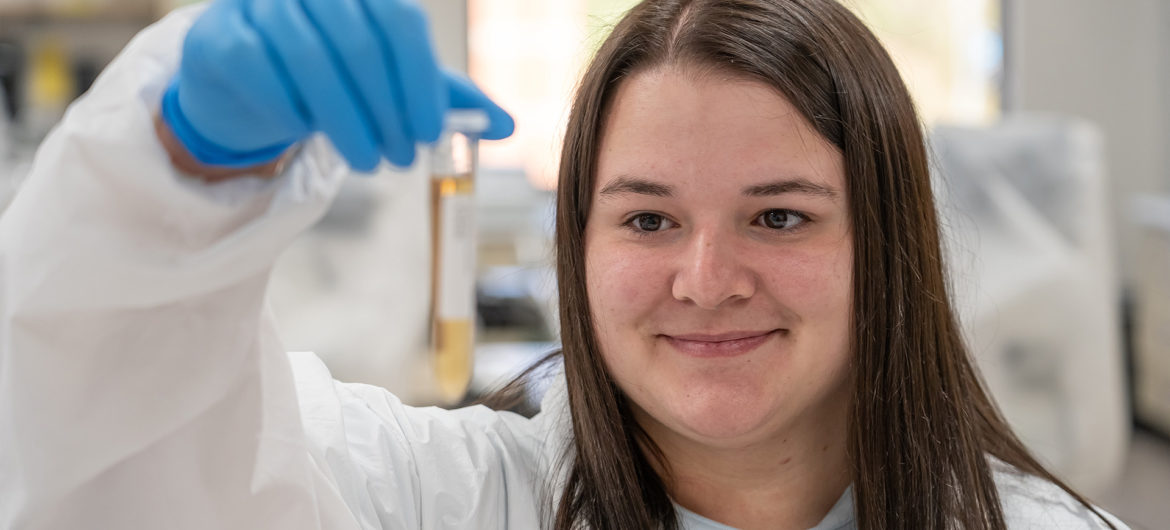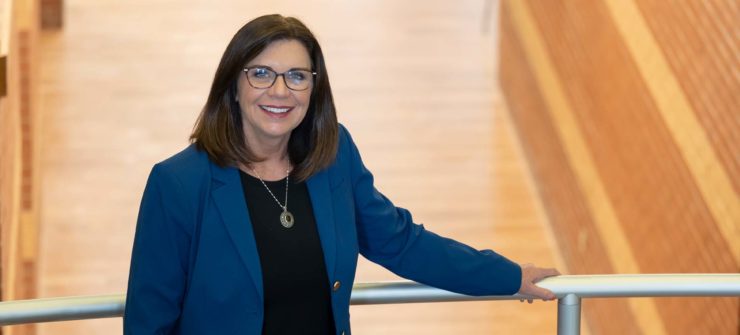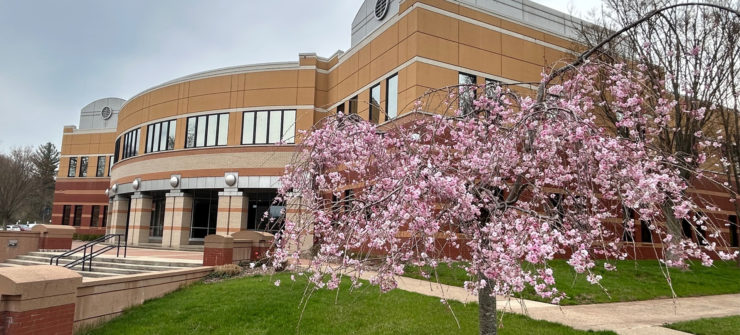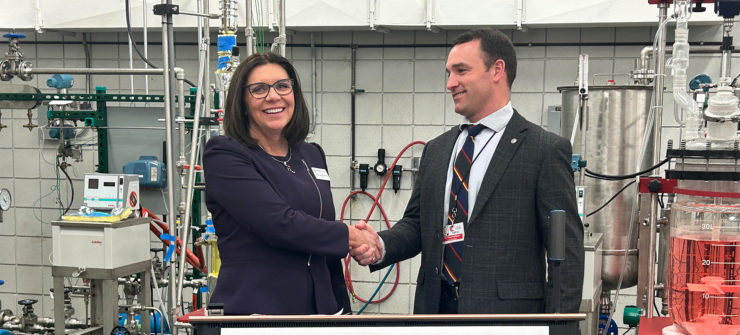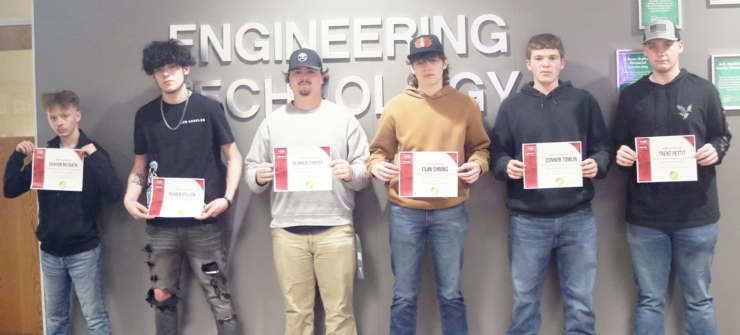MARIETTA, OHIO—Washington State College of Ohio (WSCO) has been awarded a grant from the Ohio Department of Higher Education (ODHE) that will support the upgrade of equipment for its auto/diesel and health programs.
The grant, announced by ODHE Chancellor Randy Gardner, represents the latest round of Regionally Aligned Priorities in Delivering Skills (RAPIDS) program funding. RAPIDS is a $7.6 million grant funded by the Ohio Department of Higher Education (ODHE) and distributed throughout the state.
Nearly $1 million was allocated to community colleges in the Northern Appalachian region of Ohio which is comprised of Washington State, Eastern Gateway, Belmont, and Zane State. The four institutions collaborated to develop and implement education and business partnerships that focus on supporting the demand for skilled workers by companies across the region. As a whole, the colleges addressed the need for regional training for in-demand occupations associated with automotive, engineering, healthcare, and ancillary industries.
“The RAPIDS program continues to be a successful way to create a pipeline of skilled workers for regional employers while strengthening Ohio’s economy,” Ohio Department of Higher Education Chancellor Randy Gardner said. “This latest RAPIDS funding for Washington State will help students develop the skills needed for successful careers in healthcare and as automotive technicians. I’m pleased that Governor DeWine and legislators continue to support this important program.”
Thanks to the RAPIDS grant, Washington State’s auto and diesel programs will benefit from the addition of a Chassis Dynameter (dyno). “This piece of equipment will allow our students to perform advanced analysis and troubleshooting on a vehicle. That’s a big deal, in a world where horsepower matters,” said WSCO Dean of Engineering and Business George Bilokonsky. Joe Nutter, one of WSCO’s Auto/Diesel program instructors, added that during special campus events, the dyno will be available to community members who want to check the performance of their vehicles.
WSCO’s Dean of Health and Sciences Dr. Heather Kincaid explained that Respiratory Therapy, Medical Laboratory Technology, and Massage Therapy programs will benefit from the grant with the addition of an array of cutting-edge equipment.
Among the most significant upgrades for the health and sciences department will include a critical care unit ventilator for the respiratory therapy program and a clinical chemistry analyzer for the medical laboratory technology program. “We’re equipping our classrooms and labs with state-of-the-art technology to provide our students with hands-on training experiences with technology they’ll encounter in the clinical setting,” said Kincaid.
“We are grateful for the support we receive from ODHE. With these funds, we will focus our efforts on the future of automotive and diesel techs, as well as healthcare needs in the southeast region of Ohio. The collaborative efforts of the four community colleges allow us to make a large-scale impact on our region,” said WSCO President Dr. Vicky Wood.
“As a steward of the community, Washington State College of Ohio serves and supports our students and local industry by providing access to high-quality education and training that strengthens the workforce and ultimately our economy,” added Wood. “The investment the state has made in our institution through the RAPIDS program allows us to stay in the forefront of technology and innovation and expand our capacity to educate future healthcare workers and auto/diesel technicians.”
Since 2015, Washington State has been instrumental in bringing more than $6 million in grant funds to the Northern Appalachian region and approximately $1.75 million to the college by leading regional planning and proposal development for RAPIDS funding.
